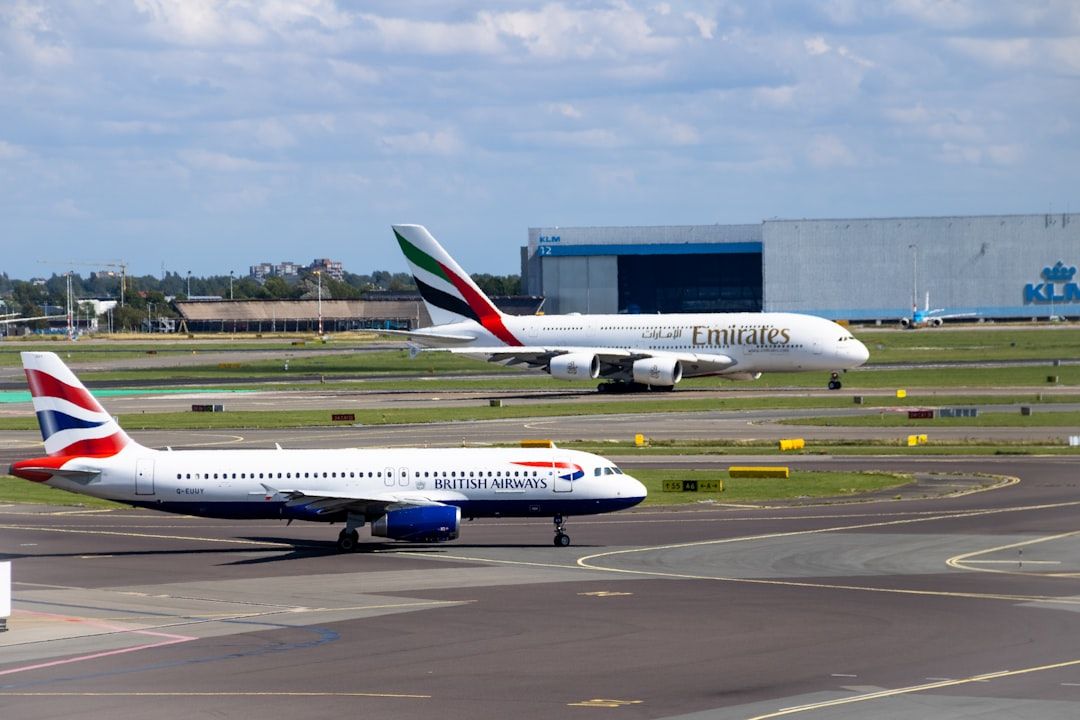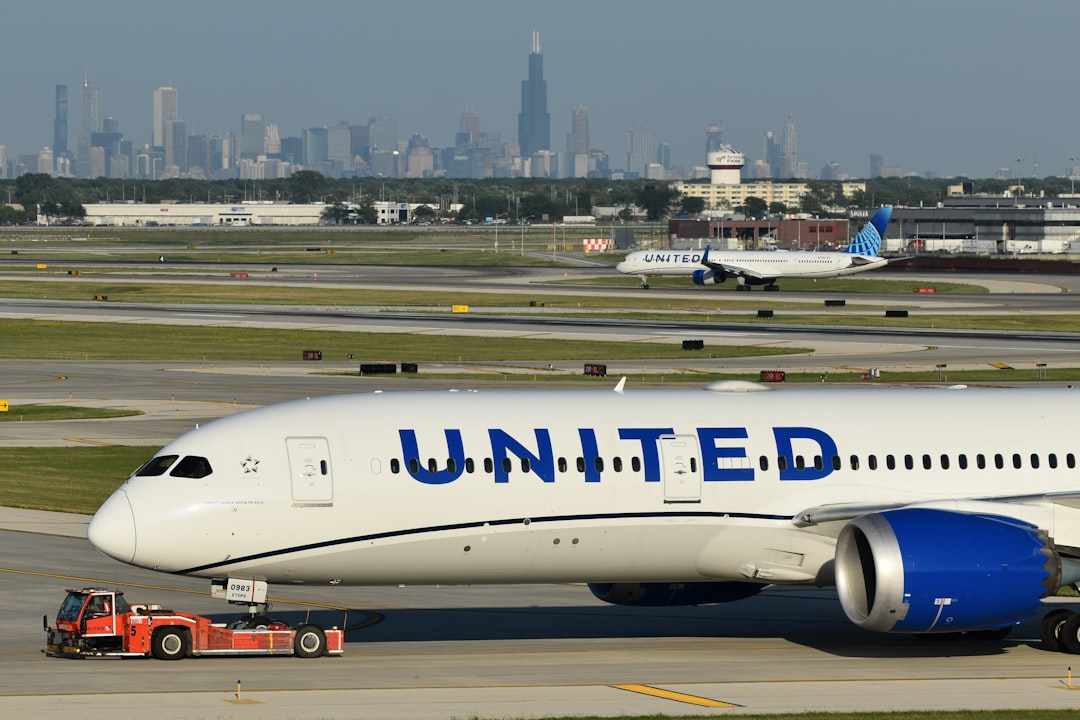(VENICE) British Airways demoted two senior pilots in early August 2025 after they allegedly manipulated crew rosters to arrange a personal, non-operational trip to Venice. The airline tightened controls and unions sought fair process.
What happened and when

British Airways confirmed disciplinary action after an internal review found two senior managers in the flight crew team allegedly altered the crew rota so they could fly together to Venice for personal reasons.
The airline enacted demotions in early August 2025, with reporting on August 9–10, 2025. The company has not named the pilots publicly. According to analysis by VisaVerge.com, this is among the most high-profile internal discipline cases at the carrier this year.
The core allegation is simple: the managers used their authority over flight assignments to benefit themselves, not operations. That crosses company policy and basic ethics. British Airways says any misuse of authority will bring serious consequences.
Official status and penalties
As of August 10, 2025, both pilots are:
– Demoted and removed from management duties
– Reassigned to standard operational roles, pending further review
– Not publicly identified by the airline
British Airways reiterated its stance: misuse of scheduling power will draw severe action, including demotion or termination.
Systems and safeguards now in place
Following this incident and other recent issues, British Airways and parent International Airlines Group (IAG) accelerated efforts on digital security and roster integrity. Measures introduced include:
- Stricter access controls for internal crew systems
- Multi-level authorization required for any roster change
- Robust audit trails that flag unusual edits for immediate compliance review
- A larger push on cybersecurity amid broader digital threats to airlines
In July 2025, hundreds of pilots and cabin crew reportedly lost access to some internal systems during a security lockout, underscoring how seriously the company treats system integrity. IAG has also introduced new protocols to prevent unauthorized access and manipulation across group airlines.
Stakeholders and their positions
- British Airways management: zero tolerance for misconduct; investing in oversight and digital security to protect operations and trust.
- IAG: backing upgrades focused on crew management and cybersecurity to stop internal and external threats.
- Pilots’ union and crew representatives: support discipline for clear violations but call for transparent investigations and due process for all crew.
Why this matters to safety and trust
Aviation analysts stress that leadership must follow rules to keep standards strong. When managers manipulate rosters, it:
– Erodes trust across the operation
– Risks poor crew planning and increased pressure on teams
– Complicates oversight and regulatory compliance
The swift response from British Airways signals to staff, regulators, and passengers that internal rules are serious and that authority cannot be used for private gains.
Practical effects for crews today
Key changes staff should expect:
– Roster edits now require multi-level sign-off
– Every change creates a digital trail reviewed by compliance
– Reports of unusual activity move quickly to internal investigators
– Expanded ethics and compliance training is scheduled for late 2025, with extra focus on managers
Employees can report suspected misconduct through the company’s whistleblower hotline and internal portal. If staff want broader guidance on protected disclosures, the UK government sets out whistleblowing protections and steps here: https://www.gov.uk/whistleblowing
Background and context
British Airways has faced isolated conduct cases before, but this one stands out because senior managers allegedly used operational systems for a personal trip to Venice. The timing matters: airlines are fighting rising cyber risks while running complex schedules. That is why British Airways and IAG are moving fast on identity controls, access limits, and automated alerts that warn compliance teams about unusual roster patterns.
Union perspective and due process
Union leaders say trust flows both ways. They support firm penalties for clear rule-breaking and also demand fair, transparent procedures in every case. That message matters to crews who worry about consistency across departments and roles. British Airways says it is strengthening investigation steps to make outcomes clear and defensible.
The road ahead
Planned and ongoing changes include:
1. More real-time monitoring and automated alerts for roster changes
2. Wider ethics and compliance training by late 2025
3. A comprehensive review of crew scheduling practices, with findings and updates expected by Q4 2025
These updates aim to reduce human risk, harden systems against abuse, and keep everyone accountable—managers and line pilots alike.
What this means for travelers
For passengers, the case is about trust inside the airline. British Airways says it enforces rules when they are broken, even at high levels. That matters to people who expect their carrier to run safe and fair operations. The airline’s quick discipline and technology upgrades show it is working to protect the schedule and the teams who run it.
Key details at a glance
| Item | Detail |
|---|---|
| Who | Two senior British Airways pilots in management roles |
| What | Alleged manipulation of crew rosters for a personal trip |
| Where | Roster changes linked to a non-operational journey to Venice |
| When | Discipline enacted in early August 2025; reported August 9–10, 2025 |
| Status | Demoted, removed from management, reassigned to standard duties |
| Policy shift | Stronger system controls, audits, and cybersecurity measures |
What employees should do now
- Follow the new multi-level authorization rules for any roster change.
- Keep records clear; expect audit checks on edits.
- Use internal channels to report concerns quickly. For guidance on protections and best practice, see: https://www.gov.uk/whistleblowing
- Complete required ethics and compliance modules when assigned, especially if you hold scheduling authority.
Why Venice matters in this case
The city of Venice became shorthand in this story for how personal travel can collide with professional duty when systems are misused. The issue was not the destination — it was the alleged manipulation to make a personal trip look like an operational pairing. That is the behavior British Airways says it will not accept.
“Authority over scheduling is a trust, not a perk.” — summarized takeaway from management, unions, and analysts
Balanced take
- Aviation analysts: the rapid response was necessary to uphold standards.
- Cybersecurity specialists: internal controls are as important as perimeter defenses.
- Employee advocates: want consistent discipline and clearer policy language to prevent confusion and unequal treatment.
What to watch
- Whether British Airways publishes more detail in its Q4 2025 review
- How IAG’s group-wide controls reduce risk across airlines
- The effect of expanded training on manager conduct and roster quality
Actionable takeaways
- For British Airways crews: obey the new controls, keep clean records, and report concerns through official channels.
- For managers: treat access to scheduling power as a trust, not a perk; expect tight audits.
- For passengers: this case shows the airline is willing to act when rules are broken, including against senior pilots.
British Airways, its pilots, and the wider operation all feel the impact when authority is misused. Stronger controls, clearer rules, and real consequences are now in place to protect the system—whether the flight is to Venice or anywhere else.
This Article in a Nutshell
British Airways demoted two senior pilots in early August 2025 after an internal review found alleged roster manipulation to enable a personal Venice trip. The airline tightened access controls, added multi-level authorization and audit trails, and promised ethics training by late 2025 to restore trust and prevent misuse of scheduling authority.













